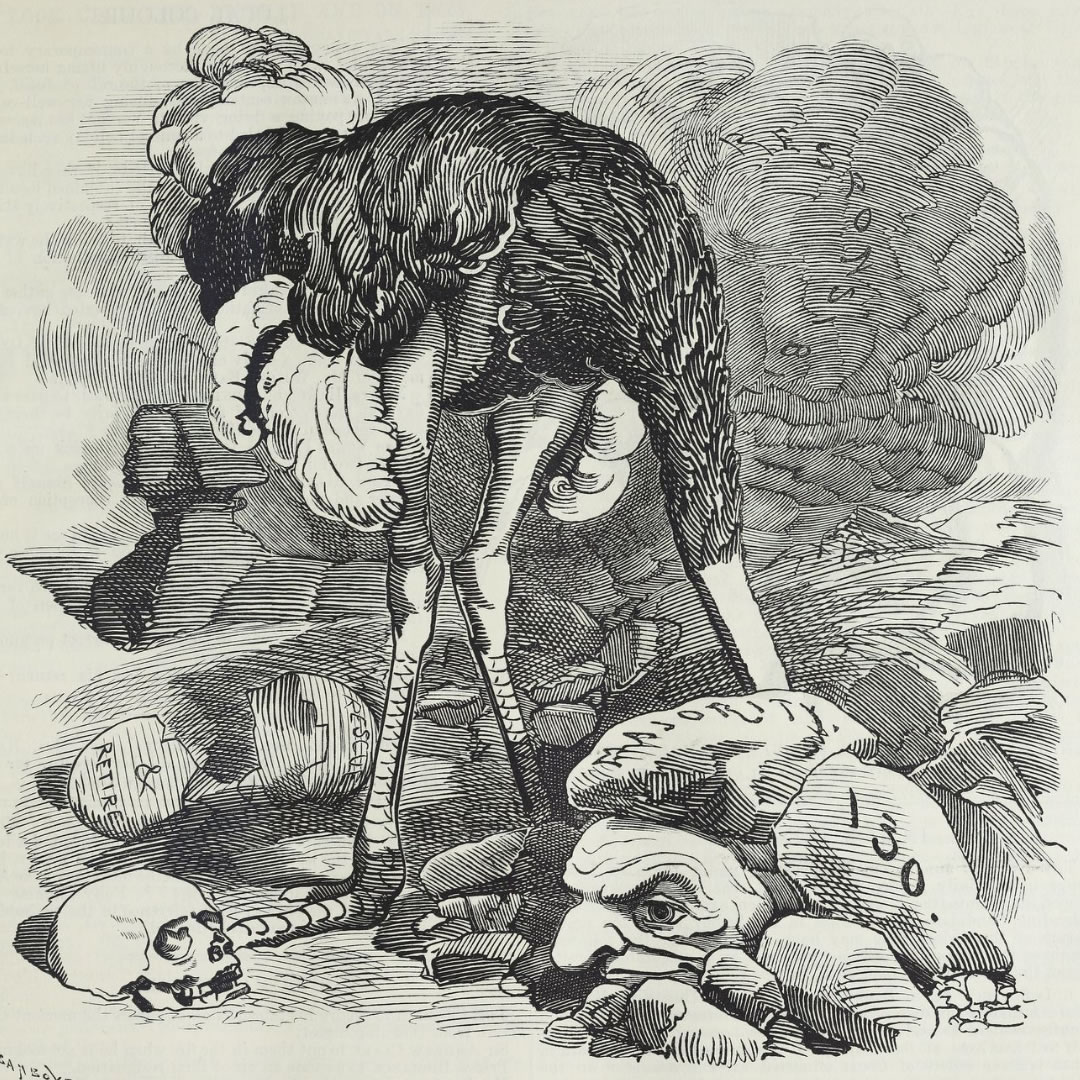


Review and dissemination

Review and dissemination
You’ve just created a video and you’re excited to share it with the whole world, congratulations! Welcome to the next step – that is trying to get your work seen. It might feel like you’ve done all the hard work already but … this step requires attention and planning as well. After all, if no one, or in fact if your prospective employers, won’t watch your digital story, all the hard work will be fruitless. 🍒 It is important to prepare a publicity plan. Here’s a couple of things to take into account:
Check out our learning platform!


Self-management

Self-management
We all have bad days but not everyone deals with them in the same way. You can be sure that in any workplace, you will have to deal with other people’s unwanted emotions as well as your own. If you pride yourself on being able to manage your emotions and maintain a healthy and pleasant work environment, you can mention this in your video CV. How? Try answering these questions for starters:
Check out our learning platform!


Creativity

Creativity
Creativity + planning = strategic thinking, and if you’re good at it, remember to mention this skill in your video CV!
Check out our learning platform!


Flexibility

Flexibility
Flexibility competence can be demonstrated by discussing how you deal with unexpected situations and answering questions such as:
Check out our learning platform!


Review and dissemination

Review and dissemination
Do:
Check out our learning platform!


Execution

Execution
Don’t want to film yourself? Feel camera-shy? There could be a number of different reasons for not wanting to perform in front of the camera. Luckily, you don’t necessarily have to in order to create a video CV! Here’s a couple of examples:
Check out our learning platform!


Review and dissemination

Review and dissemination
After you finish your video and before you start planning how you can share it, it might be worth taking some time to evaluate your video. While a video CV can help your chances of getting a job it can also hurt 🤕 them. Here’s a short checklist of things to consider before sending out your video CV.

Flexibility

Flexibility
Most people are nervous about getting out of their comfort zone but that’s probably one of the best ways to learn and improve. You could show your potential employer how you do it and handle situations in which stepping out of your comfort zone is necessary. Here’s a couple of things you might cover when describing how you get out of your comfort zone:
Check out our learning platform!
